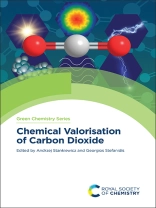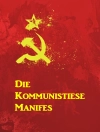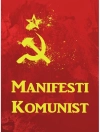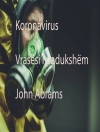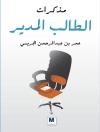The role of carbon dioxide in our changing climate is now hard to ignore, and many countries are making pledges to reduce or eliminate their carbon output. Chemical valorisation of carbon dioxide, as an alternative to sequestration, is likely to play an important part in reaching these targets, and as such is one of the fastest developing areas of green chemistry and chemical reaction engineering.
Providing a comprehensive panorama of recent advances in the methods and technologies for chemical valorisation of carbon dioxide, this book is essential reading for anyone with an interest in sustainability and green chemistry. Both the technological improvements in traditional processes and new methods and concepts are discussed, including various (renewable) electricity-based methods, as well as novel catalytic, photocatalytic and biocatalytic approaches.
Inhaltsverzeichnis
Turning CO
2 into Fuels and Chemicals: An Introduction;Carboxylation with CO
2;Carbonylation with CO
2;Modern Urea Synthesis;Homogeneous CO
2 Hydrogenation;Homogeneous CO
2 Copolymerization and Coupling;Heterogeneous CO
2 Hydrogenation;CO
2 Methanation;Methane Dry Reforming;Gas-phase CO
2 Recycling via the Reverse Water-Gas Shift Reaction: A Comprehensive Overview;Heterogeneous Copolymerization of CO
2;Artificial Photosynthesis for Production of Solar Fuels and Chemicals;Photocatalytic CO
2 Reduction Reactions;Plasmonic Photoreactors for Photocatalytic CO
2 Conversion;Solar-thermal Catalytic CO
2 Splitting;Electrochemical CO
2 Reduction;Advances in Electrochemical Carbon Dioxide Reducation Toward Multi-carbon Products;Techno-economic Analysis of CO
2 Electroreduction;Microwave-assisted Catalytic Dry Methane Reforming;CO
2 Hydrogenation With a Dielectric Barrier Discharge Reactor;CO
2 Splitting With Nanosecond Pulsed Discharge;Valorisation of Carbon Dioxide via Enzymatic Transformation;Microbial CO
2 Conversion Routes;Hydrothermal CO
2 Reduction Using Metals and Biomass Derivatives as Reductants;Life Cycle Analysis of CO
2 Valorisation
Über den Autor
Full Professor and Chair of Process Intensification at Delft University of Technology, the Netherlands, and former Director of TU Delft Process Technology Institute. With more than 40 years of industrial and academic research experience he is author of numerous scientific publications on process intensification, chemical reaction engineering and industrial catalysis. He is principal author and co-editor of the world’s first book on Process Intensification. Prof. Stankiewicz is Editor of Chemical Engineering and Processing: Process Intensification (Elsevier) and Series Editor of the Green Chemistry Books Series (Royal Society of Chemistry). He was founder and first Chairman of the Working Party on Process Intensification at the European Federation of Chemical Engineering. He currently chairs the Board of the European Process Intensification Centre (EUROPIC). Current research interests of Prof. Stankiewicz focus on control of molecular interactions and intensification of chemical reactions using electricity-based energy fields (e.g. laser, microwave, UV). The research in that area has brought him prestigious Advanced Investigator Grant from the European Research Council. More recently, Prof. Stankiewicz coordinated the H2020 “ADREM” project on methane valorization using alternative forms of energy in modular catalytic reactors.
